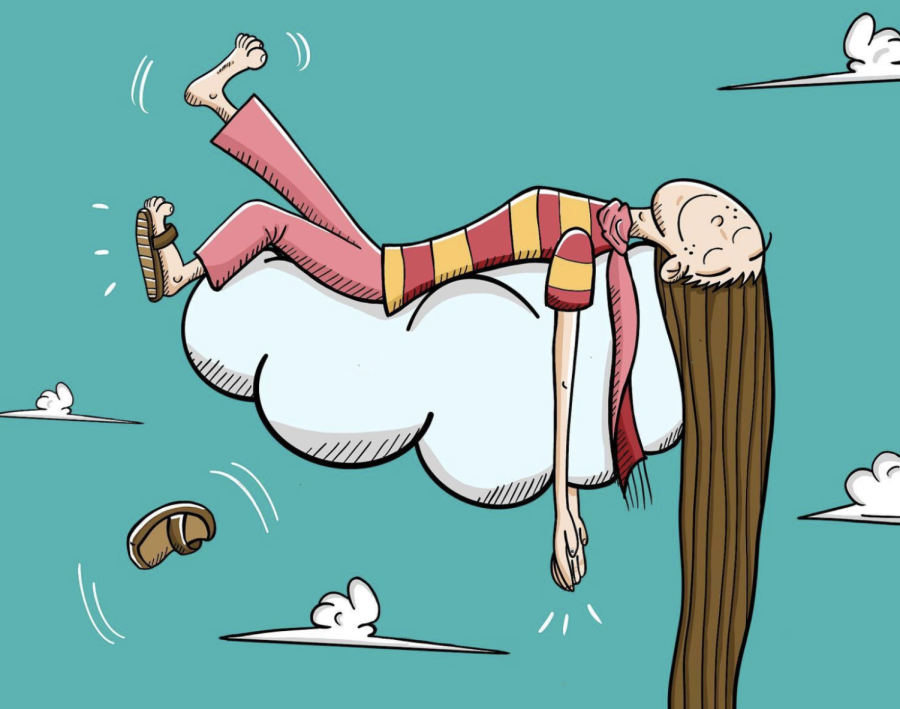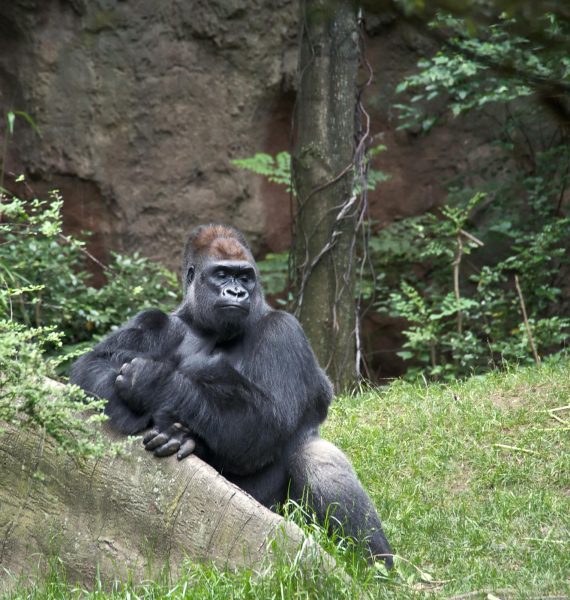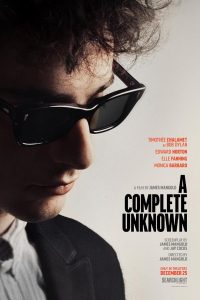It’s okay to stop the grind
April 16, 2023
As summer approaches, people begin to plan how to spend their time during the extended break: from catching up with old friends and exploring a new city to occupying the beach and staying inside, summer is a time of relaxation. However, the average three months off from school has transformed into an age of working.
Hustle culture has become the latest trend to influence the minds of young people, believing that the more time spent on a project, the higher chance they have of obtaining their dream job. This mindset creates an imbalance between work and pleasure, and utilizes this leisure period as an extension of work. Free time is now used as workplace overtime expanding past the office, and amplifying the guilt people feel using their recreation for its intended purpose.
From a young age, children are asked the dreaded existential question, “What do you want to be when you grow up?” Rarely do five and six-year-olds have their lives planned out, as most figure it out along the way, and this forms a divide between “go-getters” and everyone else. Those on the “wrong” side push themselves with artificial motivation from a point of envy, comparing themselves to those who seem to have a more rooted sense of preparedness (and usually a substantial amount of resources). In high school, students are encouraged to construct a plan that ultimately lines up with their career path after graduation. The whole experience, looking back, is extremely calculated.
College applications are stress-inducing and time-consuming, as deadlines vary starting with early admission during the fall semester of high school. As a result, summer is spent preparing though the process begins much earlier.
College Board suggests that high-schoolers “start early” in reviewing the SAT/ACT prior to junior and senior year, though Harvard University takes a different approach. They formulated a high school/college-prep outline that views freshman year as a time to “explore your interest[s]” but also recommends creating a college resume consisting of “school clubs, volunteer and community service events, awards, jobs and internships, college classes and college-prep programs.” It is quite hypocritical to advise one to discover their passions under the guise of fulfilling a list of requirements.
Neuroscience major and freshman Blen Alemayehu said, “It’s a lot to catch up on. Overall, working and gaining experience is a plus to add to your resume with a bunch of work-study and internship opportunities next semester. I’d rather relax during the school year and focus on my grades than at home doing nothing when I can spend that time catching up.”
Internships are recommended during the junior and senior years of college, but with the hype of achieving success early, it has become the norm to start early as a way of feeling ahead, which is true to a certain extent. Hard work does pay off, but at what cost? By treating life as a competition, everything becomes overwhelming. Talkspace, an online therapy company, points out the cons of hustle culture as it increases health risks, stress, anxiety and even creates an “apathetic attitude” where “nothing seems good enough or rewarding.”
As Ferris Bueller said, “If you don’t stop and look around once in a while, you could miss it.” Life has been constructed to be continuously moving with no time wasted. We should spend our time making memories and establishing boundaries between work and leisure time.
Summer is the off-season from the constant on-the-go schedule that can feel wavering from the discipline of staying on track despite the stress it may cause. It is important to put effort into career goals, though there has to be a balance between productivity and relaxation, even if that means doing nothing.












